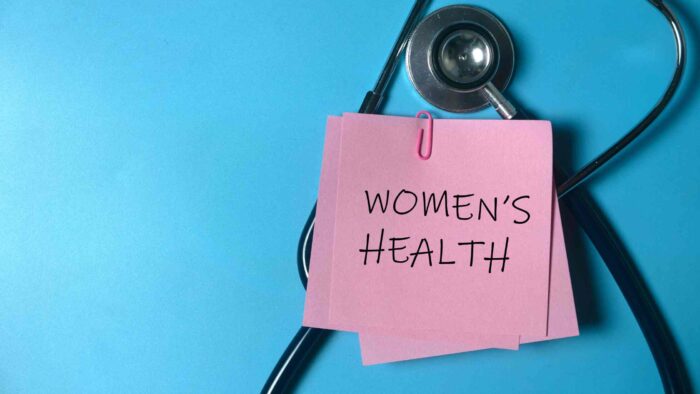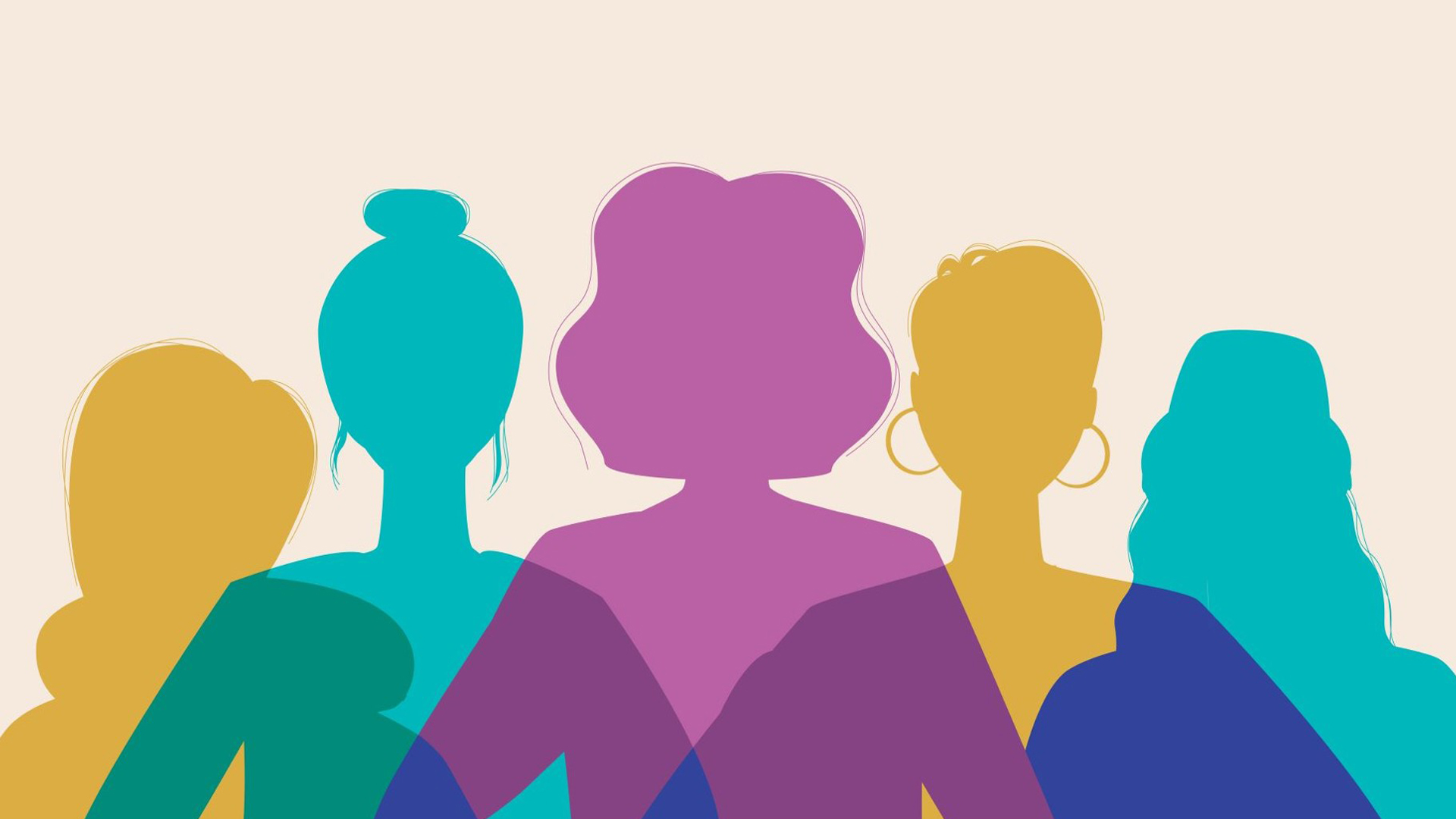Did you hear about that recent poll on women’s top health concerns? Let’s dive into this and understand the challenges they face on a daily basis.
Imagine being deeply concerned about a personal issue and feeling like you couldn’t talk to anyone about it. A recent poll showed that almost one-third of women feel this way about certain physical health issues. What are these concerns? Let’s dive in.
New Survey Reveals Millennial Women’s Top Health Concerns?
A survey of 2,000 women revealed that a significant 36% are worried about weight issues and 29% are troubled by thinning hair. What’s more surprising is that about 30% of these women have never voiced these concerns to anyone.
Weight isn’t the only hair concern, as 32% mentioned hair quality, while acne affected 26%. Around 30% flagged cellulite or stretch marks, and 24% shared concerns about chronic fatigue. Among these, weight issues and hair thinning stood out, tying for the top spot of greatest discomfort.

In response to their discomfort, many women are taking proactive measures. Some 35% have explored and purchased products to tackle these concerns. 30% have made dietary changes, while a combined 49% have considered surgical or non-surgical interventions.
The emotional toll is real too; these concerns have caused 27% of women to skip work or stay off camera during remote work sessions, and 24% have even avoided spending time with friends and family.
This study, initiated by OnePoll in collaboration with Nutrafol, took place during Hair Loss Awareness Month.
Read more here: Causes Of Mental Health Issues: 6 Common Risk Factors, According To Science
Its main aim was to shed light on the deeper impact of hair thinning on women, beyond just its physical manifestation. Among the 57% who did share their concerns, hair thinning was the primary issue for 18%, a percentage significantly higher than those discussing acne (9%) or weight (12%).
The emotional spectrum linked with hair thinning is wide. Women experiencing it often feel sad (46%), embarrassed (43%), or frightened (42%). A whopping 56% believe that beauty standards contribute to these negative emotions.
This is especially true for African American women, where 63% felt negatively affected, compared to 53% of their Caucasian counterparts.
Dr. Michelle Henry, a Board Certified Dermatologist, sheds light on this, saying, “Physical changes naturally occur as we age, but for many women, these changes can trigger insecurities related to appearance and a feeling of not being themselves.”
She often sees patients grappling with hair thinning, feeling isolated and unsure about addressing the issue.
The survey also highlights generational differences in attitudes towards hair thinning. Millennials, more than any other generation, blame environmental factors like pollution. They’re also the least comfortable discussing hair thinning and feel its impact most on their professional lives.
Comparatively, only a fraction of Gen X and baby boomers feel the same way. Overall, two-thirds of participants believe that the state of their hair on any given day can drastically affect their self-esteem.
However, there’s a silver lining. Even with such concerns, many women remain optimistic. In fact, compared to five years ago, one-third of the respondents felt the same about their hair, and 31% felt even better.
Looking ahead, another third anticipate feeling better about their hair in the next five years.
Dr. Henry brings a note of hope, saying, “Hair thinning can be caused by multiple factors, but science has paved the way for non-invasive solutions.”
She often suggests clinically-tested supplements that can address many root causes of thinning hair, ensuring a holistic approach to well-being.
So, while the concerns are real, there’s hope and help available for those seeking it. The key is to remember that everyone has their own health conditions and battles, and it’s always okay to seek help when needed.
Read more: The Surprising Health Benefits of Laughter: 4 Proven Facts According to Gelotology
Share your thoughts on the women’s top health concerns in the comments below!








Leave a Reply
You must be logged in to post a comment.